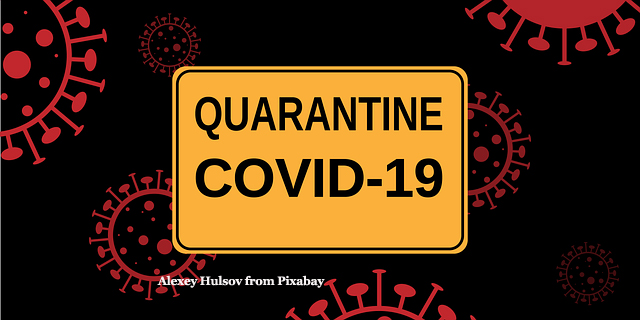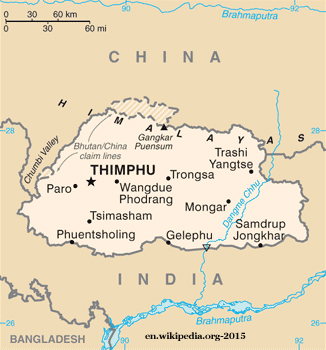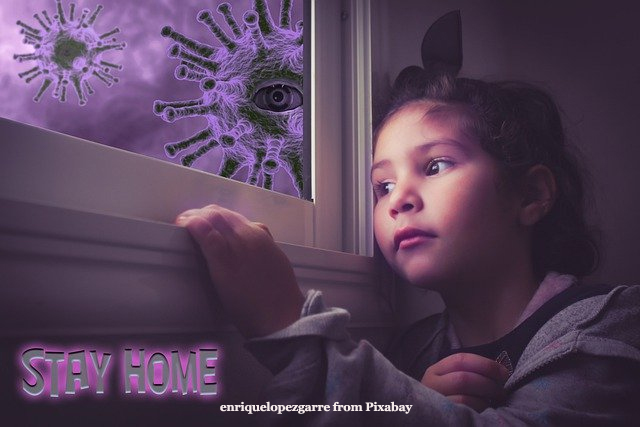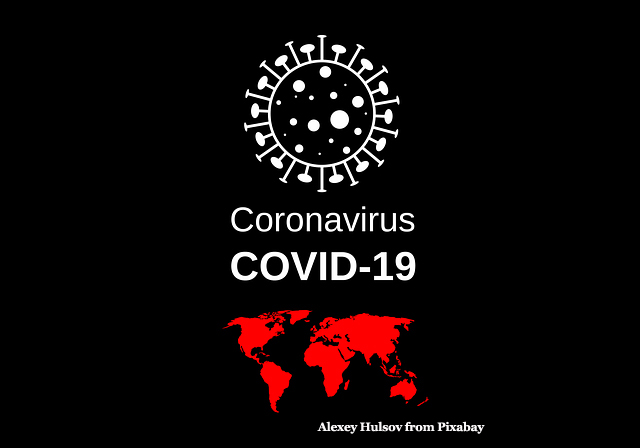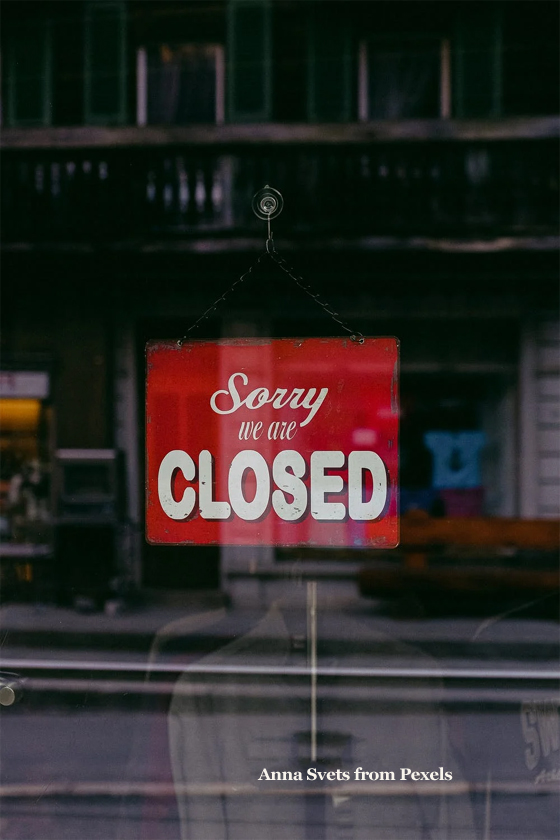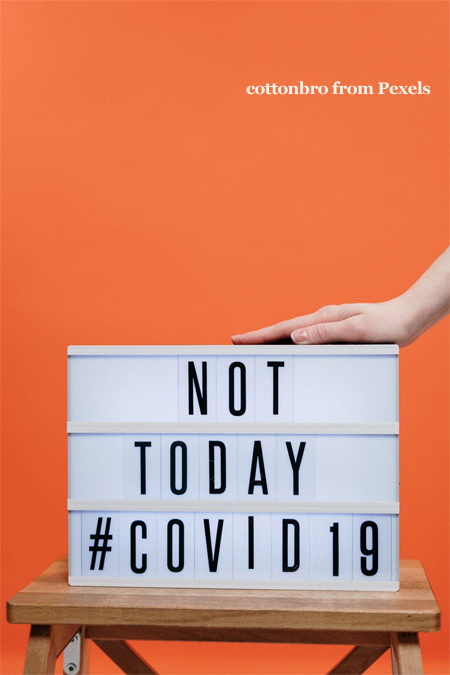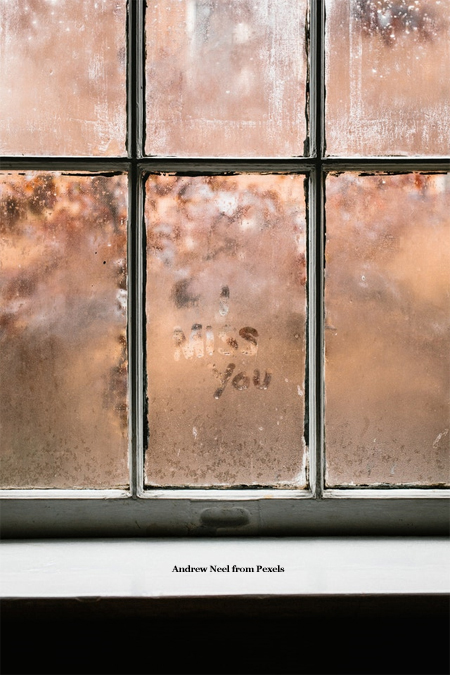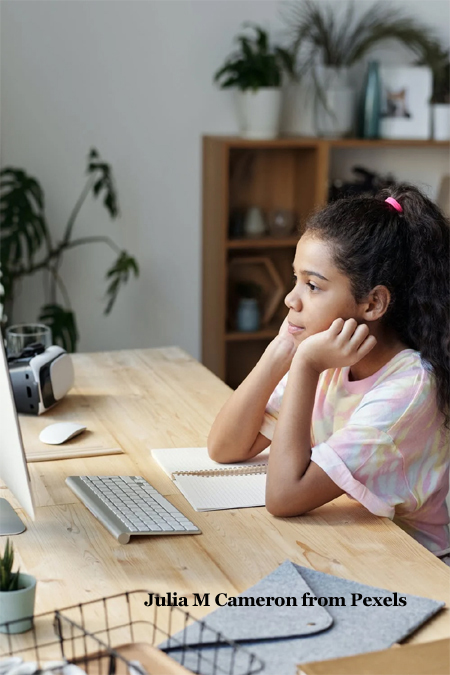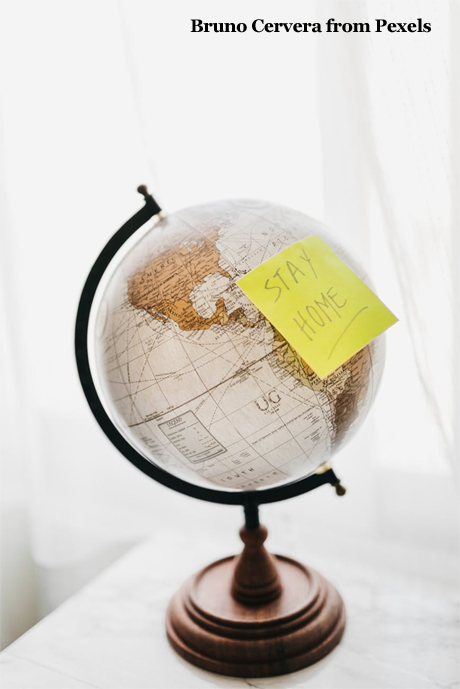COVID-19 QUARANTINE
COVID-19 quarantine is the best way to prevent the unwitting spread of the virus. Why? Because the biggest problem with COVID-19 is that a person can be infected with the virus and not know it and that person can unknowingly infect others she or he may come into contact with. The idea is to stay away from others after possible exposure to COVID-19 until enough time has passed to be certain that you are not infected or infectious.
For a person who is infected and not aware of it, it becomes very important to also quarantine for a certain length of time not only after possible exposure but also before and after attending any gatherings of people, such as family dinners for holidays or reunions or any other gatherings, especially when people attending may come from many different locations.
HOW LONG TO QUARANTINE?
At this point in time (March 2021), it is still unclear how long it is scientifically advisable to quarantine. Should it be 2 weeks, 10 days, or 7 days? Quarantining for 2 weeks was the original amount of time advised.
But why the debate? The debate exists because it would be hard for some people to stay at home for 2 weeks and quarantines are very difficult to enforce. Therefore, the U.S. Centers for Disease Control (CDC) updated its previous recommendations on this issue. Although the CDC still recommends a 2 week quarantine, it does suggest that 10 day and 7 day quarantines can be used in some circumstances.
BHUTAN-COVID-19 SUCCESS STORY
Recently, there was a very interesting article from the 'Atlantic' about the efforts of the tiny and poor nation of Bhutan to fight the coronavirus pandemic which has resulted in only 1 death since the pandemic started! Other poor countries similar to Bhutan, such as Viet Nam, Rwanda, and Senegal have also seemed to combat the virus better than Europe and North America.
The reason may be, as the article suggests, that “we (Europe and North America) have neglected a public-health focus on prevention, which socially cohesive low-and middle-income countries (such as Bhutan) have no choice but to adopt, because a runaway epidemic would quickly overwhelm them.”
Besides an extensive testing program and other wide-ranging emergency methods to contain the virus, Bhutan also extended their mandatory COVID-19 quarantine from 14 to 21 days. This was a full week longer than that suggested by the World Health Organization. The Bhutan health officials believe that “a 14-day quarantine still leaves about an 11 percent chance that, after being released, a person could still be incubating the infection and eventually become contagious.”
The article can be accessed by clicking here.
THE ANSWER TO COVID-19 QUARANTINE LENGTH?
The answer to COVID-19 quarantine length relies on a balance of probabilities. Clearly, the longer you quarantine (and don’t develop symptoms), the less likely it is that you are sick. There is no such thing as zero risk, but after a 2 week quarantine without symptoms, the probability that you would still be infectious is extremely low.
The real issue becomes one of ‘acceptable risk.’ As a COVID-19 quarantine shortens, risk goes up. After 14 days, post-quarantine transmission risk appears to be very small. After 10 days, the median transmission risk is 1.4% and after only 7 days it is 10.7%. Getting a negative COVID test at the end of a quarantine lowers that risk substantially. With a negative test before breaking quarantine, these numbers drop to 0.3 % for 10 days and 4.0% for 7 days. However, there is a margin of error to these estimates.
SUMMARY OF COVID-19 QUARANTINE LENGTH
Staying at home for 14 days (current suggestion from the WHO) is undoubtedly hard, but breaking quarantine is undoubtedly dangerous. Shorter quarantines followed by negative COVID tests might be reasonably safe, but access to the tests and long waits might make this somewhat impractical. Additionally, COVID tests can also sometimes yield false negatives depending on when and how they were taken.
The fact that the guidelines for how long to quarantine differ makes the situation understandably confusing. There is, however, a simpler way to understand the inevitable trade-off… The longer you quarantine, the less risk you are to others.
Please note: Scientific information used in this article was used by permission from Joe Schwarcz from the McGill Office for Science and Society.
Top of COVID-19 Quarantine Length
"The Cleanest Clean You've Ever Seen."
by
ABC Oriental Rug & Carpet Cleaning Co.
130 Cecil Malone Drive Ithaca, NY 14850
607-272-1566
